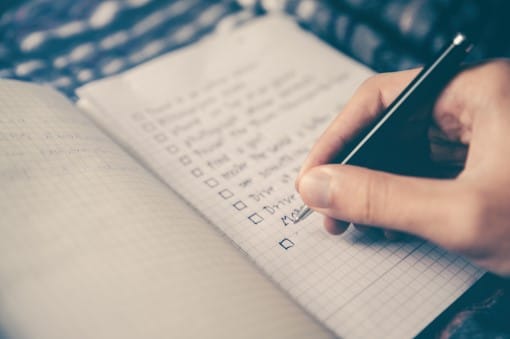
Sleep Checklist
There are lots of things that can affect sleep. Browse through our checklist to see if you’re doing the right things and underlying issues that may be affecting your sleep.

1) Daytime Habits:
Wake up at the same time every day
Experts recommend maintaining regular bedtimes and wake up times to keep your biological clock on schedule.
Get regular physical activity
Exercise has been shown to promote sleep and improve mood.
Outdoor exposure to sunlight
Daylight helps keep your sleep wake clock on track. It’s also a great natural mood booster.
Avoid or limit daytime naps
Too long or too late can make it harder to fall asleep at bedtime. If you need to nap, do it before 3 p.m. and keep it under 30 minutes.
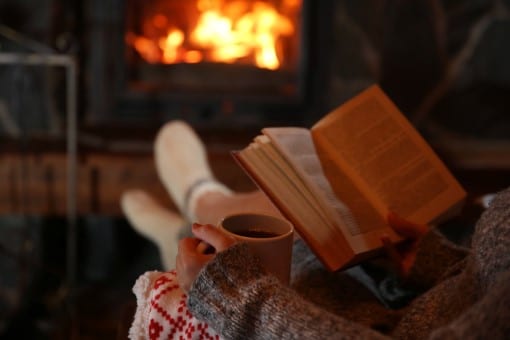
2) Evening and Bedtime Habits:
Maintain a pre-bedtime relaxation routine
Activities such as light reading, relaxation exercises, calming music, or a warm bath can aid the transition to sleep.
Go to bed at the same time every night
Experts recommend maintaining regular bedtimes and wake up times to keep your biological clock on schedule.
Go to bed when sleepy
That sleepy feeling is your body telling you it’s time to settle down for sleep. Ignoring it can get you out of sync with your natural sleep cycles.
Avoid caffeine, alcohol, and nicotine
Stimulants can make it difficult to fall asleep. Alcohol may initially make you drowsy, but can disrupt your sleep later in the night.
Avoid large meals close to bedtime
Eating too much too late can make it hard to sleep, especially if its foods that cause heartburn or indigestion.
Avoid using electronics
Smart phones, tablets, and TV screens emit bright blue light which can signal the brain it’s time to be awake.
Avoid looking at the clock
Playing “watch the clock” can stress you out making it even harder to go to sleep. Set your alarm and turn the clock so it faces away from you.
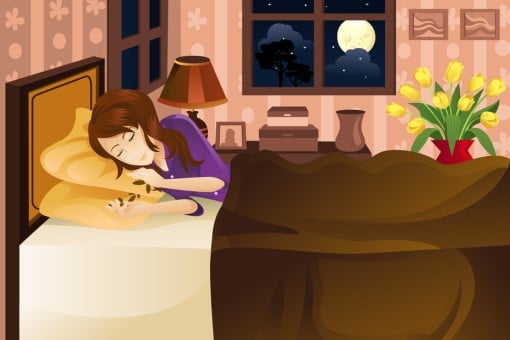
3) Sleep Environment:
Sleep on a comfortable bed
An old mattress which poorly supports your body can make it harder to fall asleep.
Sleep on a comfortable pillow
It’s hard to sleep comfortably if you have an old or unsupportive pillow that doesn’t support the natural alignment of the head and body.
Keep it quiet
Intruding noises can keep you from falling asleep and keep you out of deep restful sleep even when you’re not awake.
Experts recommend you turn off your TV or radio. Try ear plugs or white noise to mask nuisance noise.
Keep it dark
Intruding light can interfere with your body’s natural sleep-wake cycle and keep you from feeling sleepy. Even small amounts of ambient light can affect melatonin production and make it harder to get quality sleep.
Keep it cool
Colder room temperatures help your body’s natural sleep process. Studies suggest that a room temperature between 60 and 67 degrees Fahrenheit is optimal for sleeping with 65 degrees being the sweet spot.
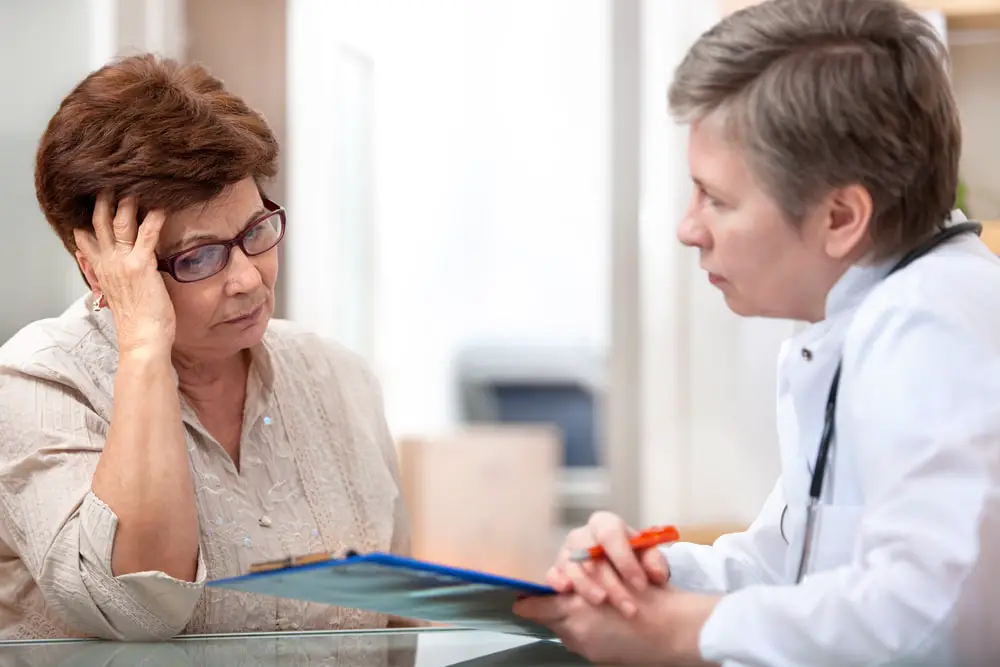
4) Health:
Underlying health issues
Health conditions such as allergies, arthritis, asthma, chronic pain, cancer, diabetes, and heart disease can affect sleep. A doctor can review your medical history to see if there’s something else contributing to your insomnia.
Underlying sleep disorders
An underlying sleep disorder can sabotage sleep. Millions of people are living with undiagnosed sleep apnea and don’t know it.
Medications
Some over the counter and prescription medicines can interfere with sleep.
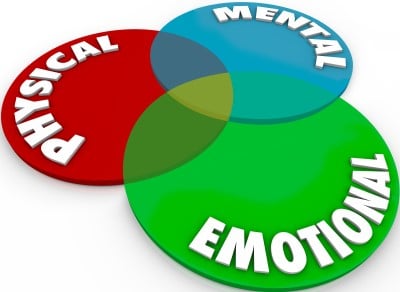
5) Mental Health Challenges:
Your mind, brain, and body can interact in powerful ways that affect health and wellness. It turns out there’s a strong link between sleep and mental health.
Depression
Have you been feeling sad or down lately? As many as 75% of people who suffer from depression have trouble falling and staying asleep.
Unfortunately, individuals who experience mental health challenges are more at risk for poor sleep. If you’re not careful, you can get into a vicious cycle where they all cause more of the other.
Sleep is that golden chain that ties health and our bodies together.
-Thomas Dekker
Sleep checklist tips:
How did you do?
After going through this list, hopefully you’ve learned about the things you’re doing right and some things you could do better.
If you were not able to check off a lot of things, don’t get discouraged.
The idea was to simply show you the different things that could be affecting your sleep. Our hope is that you take action sooner rather than later.
We encourage you to:
- Start taking sleep as seriously as breathing and eating (yes, it’s really that important)
- Do something today
- Start working on what you can
- Work on developing lifelong habits for healthy sleep
- Also, keep in mind you’re not alone. Millions of people fight insomnia every night.
Be sure to enlist the help of others as you make changes
Whether it’s a partner, family, or a roommate, people you spend a lot of time with can really help or hurt your progress:
- Let them know how important this is for your sleep and health
- Be clear about what you need help with (going to bed on time, exercising, etc.)
- Share with them how this can also help their sleep (this should be obvious, but sometimes gets taken for granted)
- Share with them how this will make things better for everyone during the day since you’re more rested
We also encourage you to talk to your doctor
It’s important to see a doctor, especially if poor sleep has become an ongoing issue.
Too many people aren’t aware how many other health issues can cause or worsen sleep issues. This includes things like chronic pain, heartburn, cancer, dementia, and asthma.
You may also be living with an undiagnosed sleep disorder such as obstructive sleep apnea.
Enlist help from a mental health professional
If you’re feeling stressed, over anxious, or depressed, be sure to do something about it. Keep in mind poor sleep can worsen all three which can cause a vicious cycle.
The journey of a thousand miles begins with a single step.
-Lao Tzu
You may also be interested in:
The Ultimate survival guide to getting sleep during holidays
Bedroom issues:
Picking the best fan for white noise for you
A practical guide to sleeping with a dog
Sleeping with a dog and allergies
Struggling to sleep with cat allergies?
4 things to avoid if you keep a fish tank in your bedroom
Are bedroom plants bad for allergies?
12 things to try if you can’t sleep because of a noisy neighbor
Last updated: 1/18/2024
Connect with us:
About Us
Better Sleep Simplified® was founded as a place for you to get clear and well-researched information.
Our goal is to make sure you know about your options so that you take action sooner rather than later.
Check us out on YouTube:
Watch and Learn
Helpful sleep tips, interesting sleep facts and statistics you want to know about
Affiliate Disclosure
This site is a participant in the Amazon Services LLC Associates Program and other affiliate advertising programs designed to provide a means for sites to earn advertising fees by advertising and linking to them.
Important: BetterSleepSimplified.com is for informational purposes only and is not intended or implied to be a substitute for professional medical advice, diagnosis, or treatment. Always consult a physician for sleep and health concerns. See additional information.
